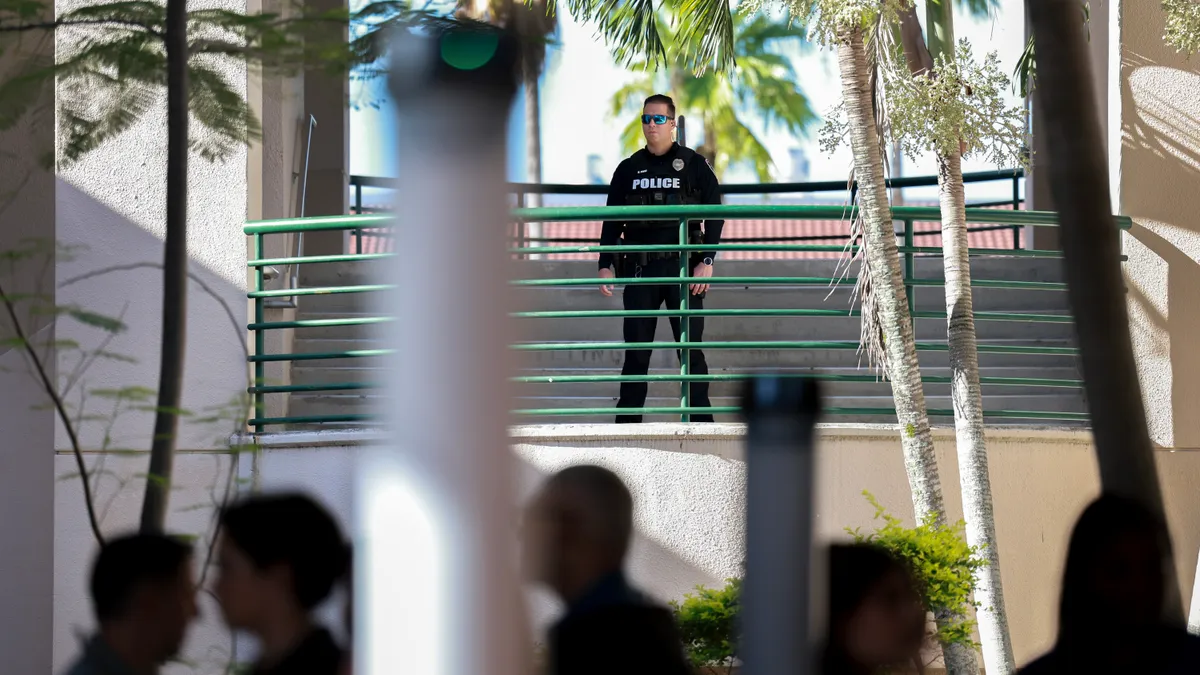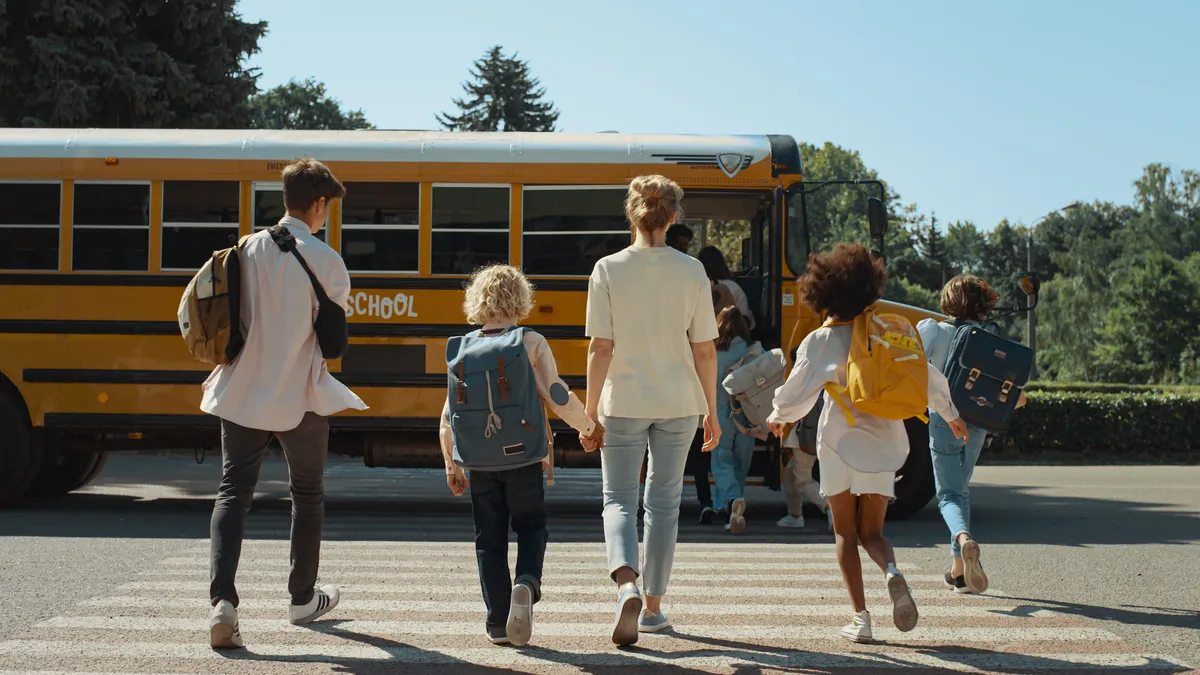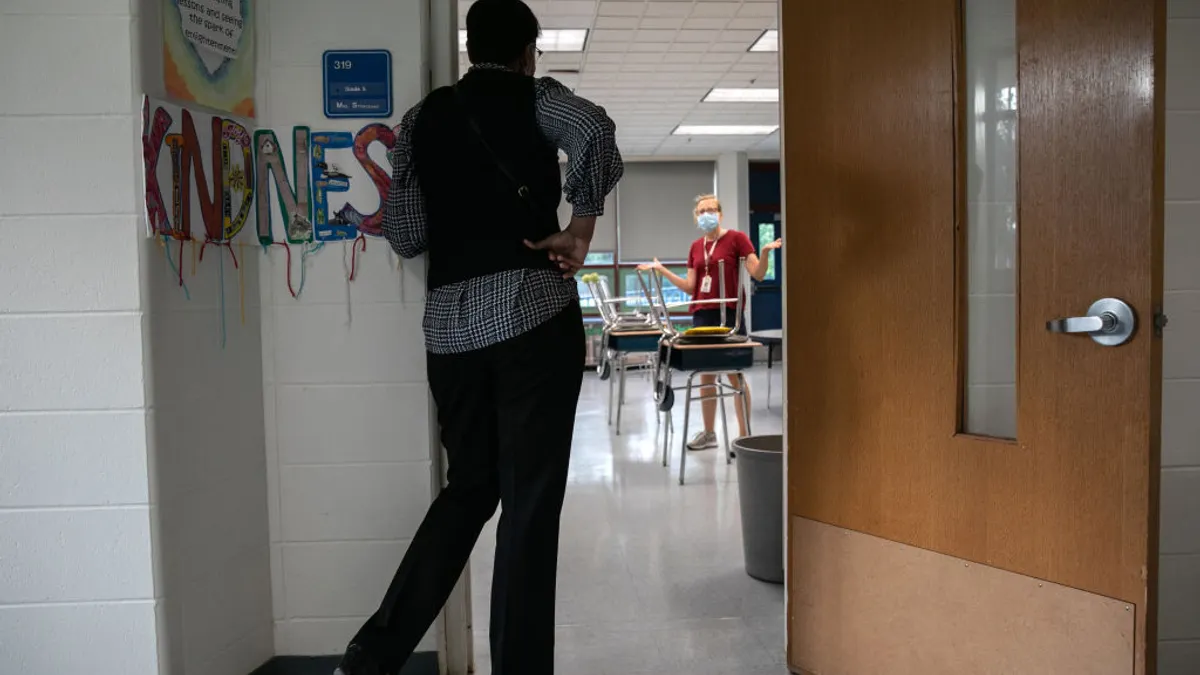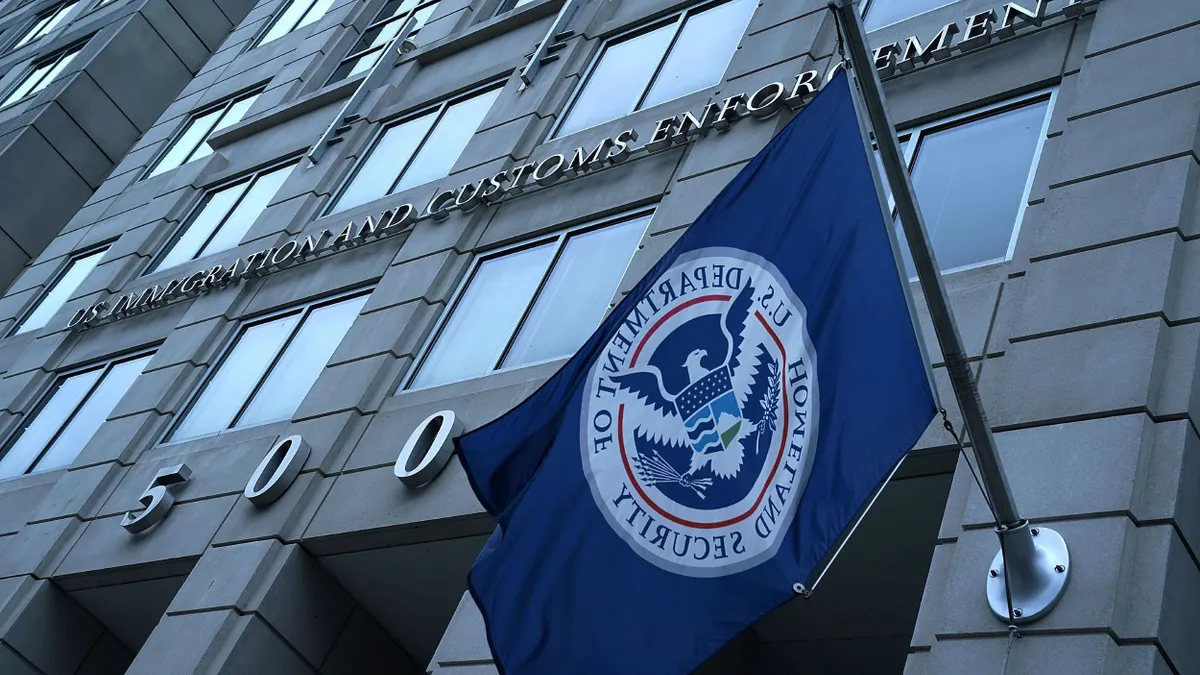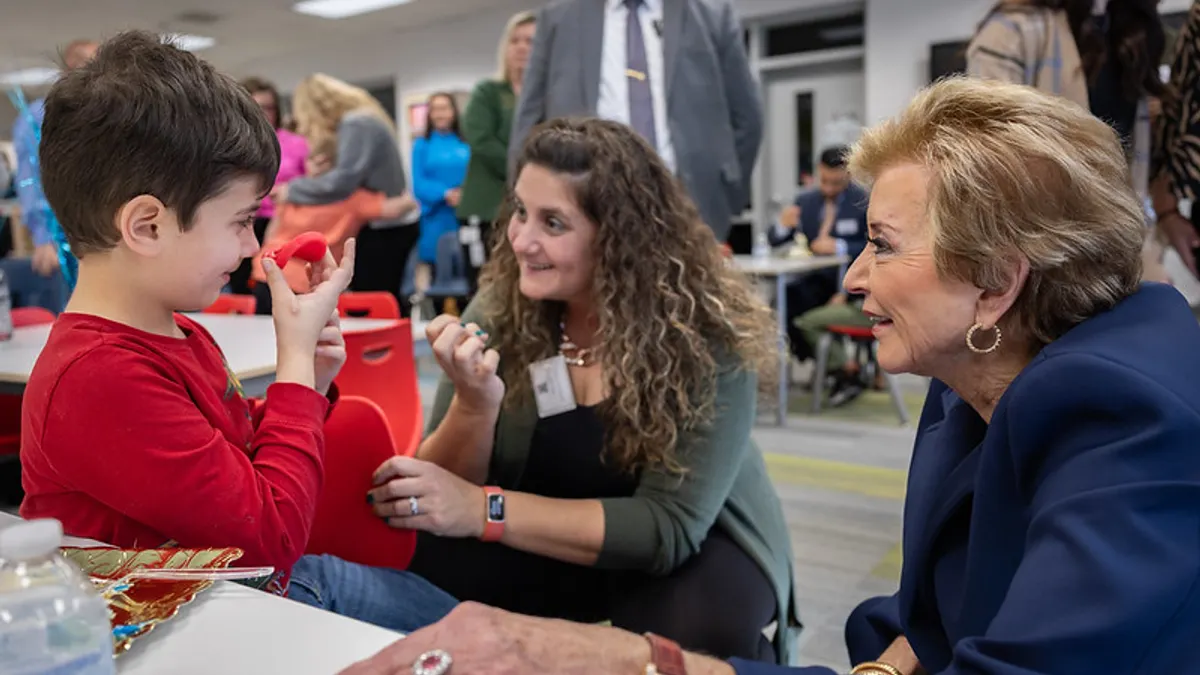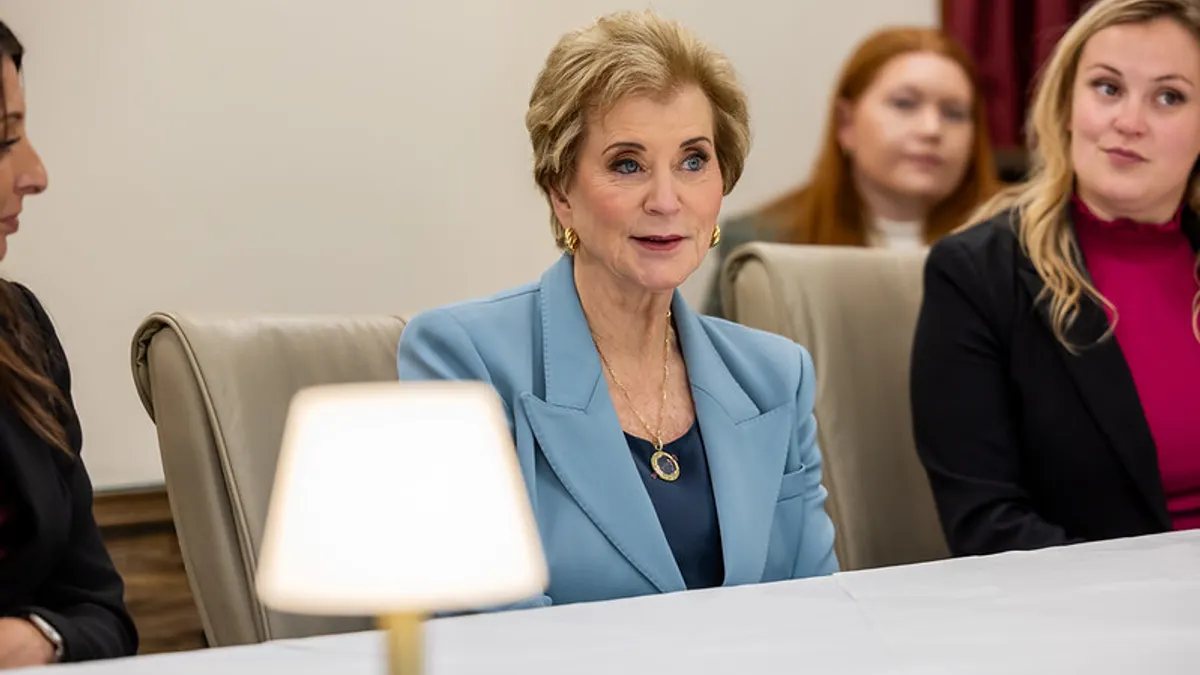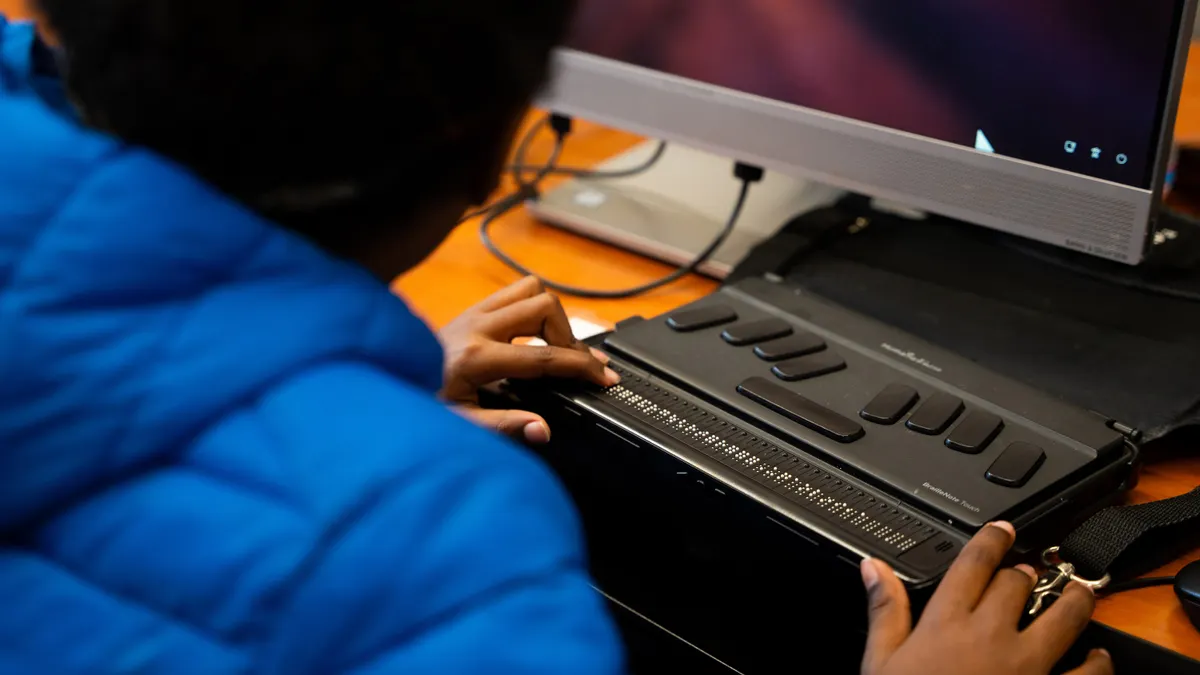Editor’s note: This story is part of a series on the trends that will shape K-12 in 2021. You can find all the articles on our trendline.
Many school district leaders stepped up to the technological, economic and emotional difficulties brought on by the novel coronavirus in 2020. Indeed, there are an abundance of stories of the creative measures administrators took to not only care for students' and families’ basic needs, as well as to ensure learning continued.
Superintendents and system administrators were given credit for small and big successes, and blamed for disappointing progress or results. In many cases, they had to balance the demands of parents wanting in-person instruction for their children and of employees’ hesitation about on-campus learning during a public health crisis.
It’s a new year, but the pandemic-related concerns remain the same and are combined with tough issues school systems faced before COVID-19, such as equity in learning and hiring, district financial health and the academic advancement of all students.
Many district leaders have pledged to build a better post-pandemic school system than the one in place prior to 2020. Here are four exceptional ones to watch as they navigate the immediate challenges of recovery and plan for sustainable system-wide improvements.
Scott Muri - Ector County Independent School District, Texas
Two months after Scott Muri became superintendent of the 32,000-student Ector County Independent School District in Odessa, Texas, in July 2019, a mass shooting occurred in the community, killing and injuring more than two dozen people. Months later, the novel coronavirus forced the closure of school buildings. Through both crises, Muri did not lose momentum. In fact, he became more determined to gather stakeholders and collaborators to find solutions.
“This is the right place for me. I feel it,” Muri told OA Online in September 2020. As one board member said in the article, Muri probably could have taken the top education job anywhere. He had previously worked as a superintendent, deputy superintendent, district chief information officer, teacher and principal in various parts of the country, according to profiles on the websites of ECISD and Chiefs for Change.
By the fall of 2020, ECISD opened school buildings for in-person learning in phases, starting with students who did not have internet access and students with disabilities. In the middle of setting safety and cleaning protocols and navigating the logistics of bringing more students and staff to campuses, the district focused on academic advancement by fast-tracking the rollout of its strategic plan, according to a paper written by Muri and published in EdSurge.
He has pledged the pandemic will lead to a better school system that individualizes learning, embraces change and provides education equitably.
While giving attention to long-term goals, Muri also worked with community partners to address the immediate need of providing internet access to rural areas in the district. As a result, a partnership with SpaceX is expected to bring satellite-based internet to the homes of students and educators.
Baron Davis - Richland School District Two, South Carolina
While many school leaders have recently pledged to boost diversity and inclusion efforts, Baron Davis, superintendent of Richland School District Two in Columbia, South Carolina, has made these efforts a mission throughout his professional career.
By methodically building supportive systems and practices, equitable approaches have become integrated in the many different facets of the 27,000-student school system and could serve as a model for other district leaders eager to expand diversity in their districts.
Under Davis’ leadership, area voters agreed in 2018 to a $468 million bond to upgrade learning spaces, technology, transportation, and arts and athletic facilities. In the last few years, the district has expanded the number of underrepresented students taking Advanced Placement courses, as well as increased or maintained the number of students earning an AP Exam score of 3 or higher. Those efforts led to the district being placed on the 10th Annual AP District Honor Roll by the College Board.
The district has also launched an initiative to recruit and retain male and minority teachers, mentors and role models. The district’s 6% average of male and minority teachers is above the national average of 2%, according to the district’s website.
Davis’s work in equity has been recognized at the state and national levels. In December, AASA, The School Superintendents Association awarded Davis and two other superintendents the 2021 Dr. Effie H. Jones Humanitarian Award for his commitment to the advancement and mentorship of minorities and women.
Susana Cordova - Dallas Independent School District, Texas
It’s not unusual for superintendents and school boards to disagree, but when Susana Cordova, a life-long resident of Denver, Colorado, long-time educator and first Latina superintendent for the 92,000-student Denver Public Schools system announced her resignation late last year, it made many wonder if divisiveness was driving an effective administrator away.
Cordova who's work in Denver included creating strong school leadership pipelines and boosting the status of underperforming schools, accepted a new position with the Dallas Independent School District as deputy superintendent of Leading and Learning. She'll be working with her mentor, Superintendent Michael Hinojosa.
In Denver, Cordova scheduled visits to different regions in the district not just to do walkthroughs of the schools but to really get to know school communities by sitting in on parent meetings, listening to education stakeholders, helping school leaders understand performance data and participating in other activities to help build community engagement. By fulling understanding a school community's pulse, Cordova and the district were better equipped to provide a variety of supports to help underperforming schools rise higher.
Cordova is also a believer that schools need effective and prepared leaders. Under her tenure, Denver Public Schools strengthened its leadership training program so novice school administrators had opportunities for residency programs and coaching support.
Aaron Spence - Virginia Beach City Public Schools, Virginia
In a school district with 67,000 students and 10,000 employees, it can be difficult to get the superintendent’s attention about a specific grievance or celebration, but Virginia Beach City Public Schools Superintendent Aaron Spence tries to give that individual level of attentiveness while tackling broader issues that call for systemic improvement.
In the six years he’s led the VBCPS system, Spence, a graduate of the school system, is credited with advancing the district’s efforts to provide equitable academic opportunities for all students and for increasing student engagement and participation in higher level academic courses. That’s not an easy feat for a district that has a robust military presence as well as areas of high levels of wealth and poverty.
He also advocated for the review of disproportionality in discipline, which led to the creation of a Student Discipline Task Force whose members represent various education stakeholders, worked to reduce the number of suspensions and expulsions, and increased instructional time for all students, according to information on the district website.
In recognizing Spence as the 2018 Virginia Superintendent of the Year, the Virginia Association of School Superintendents said, “His systemic approach to addressing this problem is a textbook example of leadership necessary to make large-scale changes in an organization that produce significant changes and positive results.”
Under his leadership, the district also built up a 1:1 technology program, which allows all students to have access to a device — an initiative that helped the school system better adapt to the abrupt move to fully remote instruction at the start of the pandemic. And while Spence is an advocate for technology use in education, digital learning should complement, not replace on-campus experiences, he told K-12 Dive in 2020.


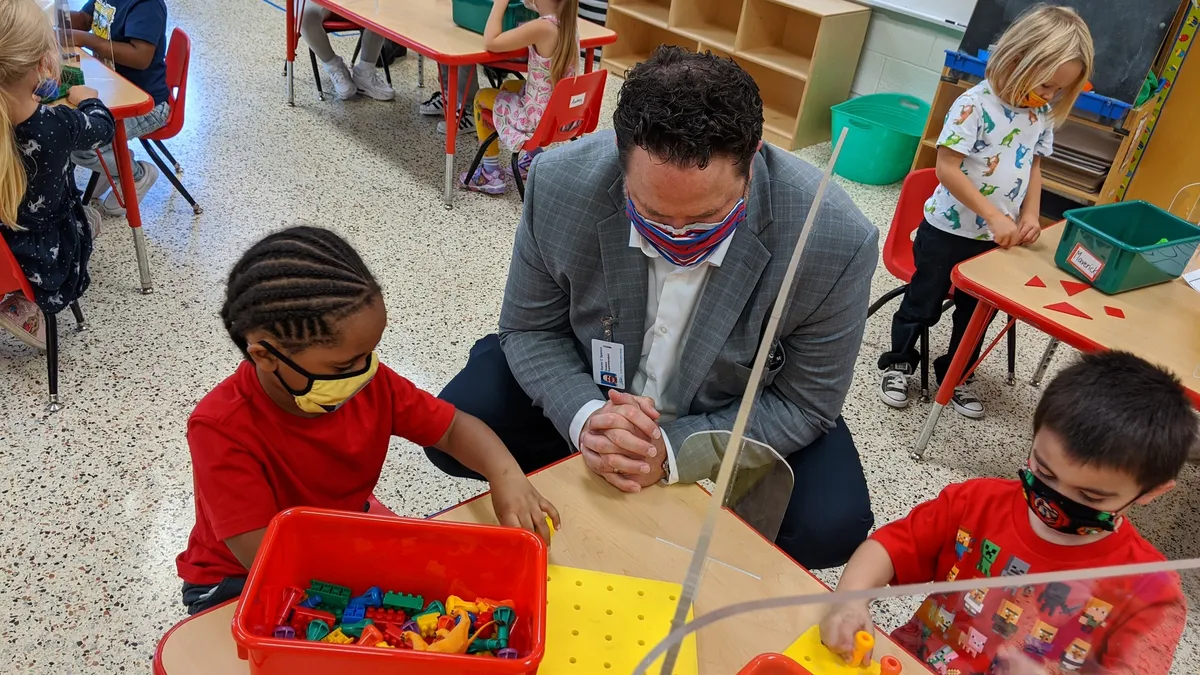



 Dive Awards
Dive Awards

